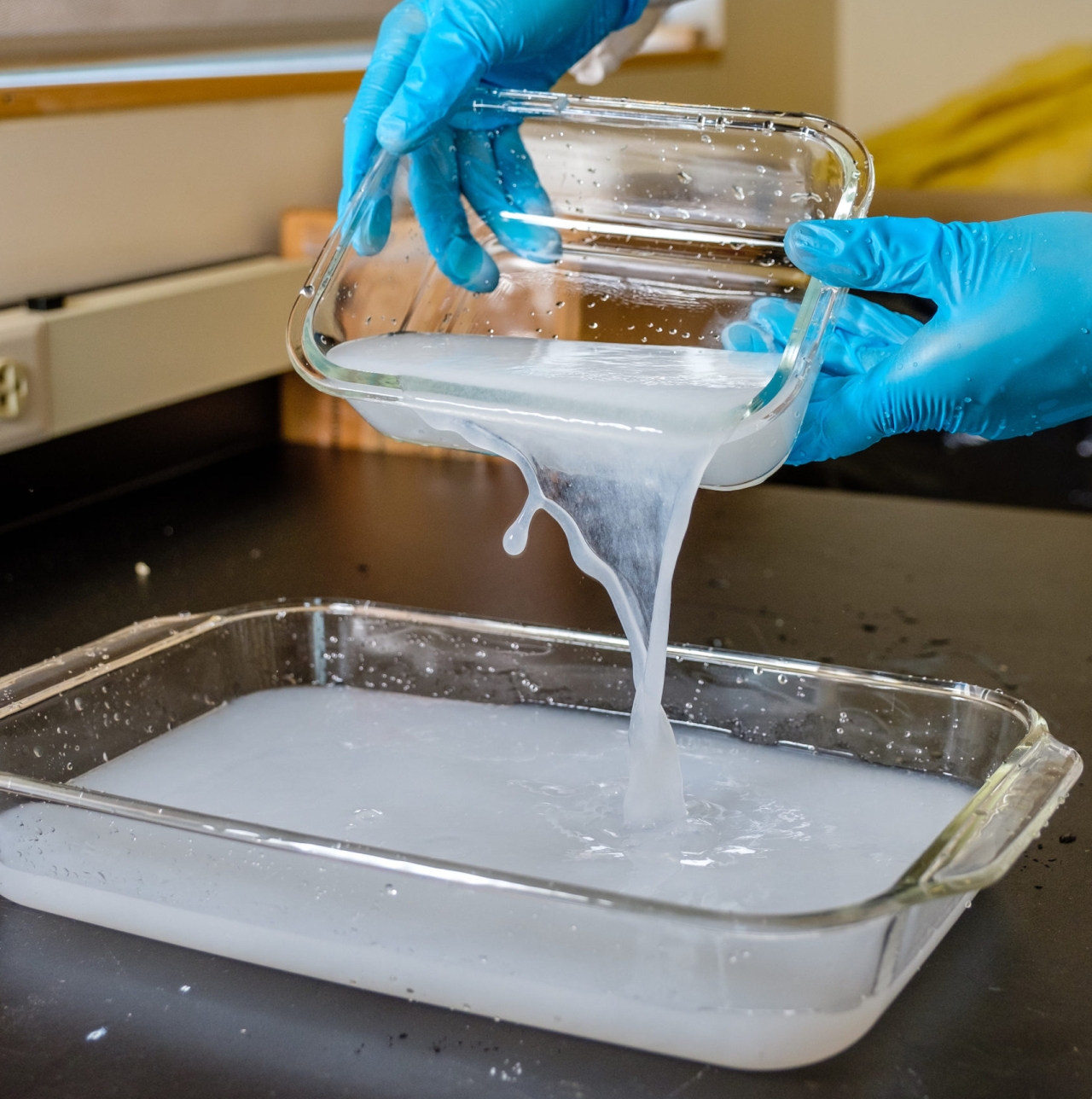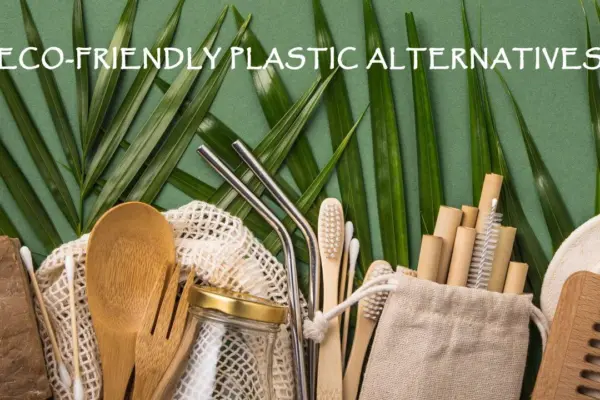British Columbia Researchers Invent Biodegradable Plastic From Forest Waste
It could also help prevent wildfires - wait, what?
Plastic is ubiquitous in modern life and human life so dependent on this non-degradable material that it is nearly impossible to shake it off. Keeping that in mind, scientists have been working toward creating eco-friendly and biodegradable plastic alternatives. Researchers at British Columbia University (UBC) have invented biodegradable plastic.
They acquired cellulose samples from forest waste in British Columbia’s (BC) forests and created a decomposable film that imitates plastic. An assistant professor in UBC’s Faculty of Forestry, Feng Jiang has been busy trying to figure out a way to tackle the problem of plastic pollution and wildfires with one nifty solution.
He said;
It’s really an alarming crisis. Less than 10 percent of single-use plastics are recycled…Post-harvesting, only about 50 percent of the materials are used. Those branches and tops of trees will just get left in the forest. Over time, they’ll dry up and become fuel. We’re trying to get that material and turn it into packaging, and at the same time trying to reduce the fire hazard in the forest.
British Columbia often bears the harsh brunt of wildfires. Intense summers and dry air makes the wood in its forests proper fuel for the fires. Earlier this month, 191 active wildfires led hundreds of people on evacuation alerts as smoky skies filled much of BC’s Lower Mainland and Fraser Valley. But how will this invention help in preventing wildfires?

Image: University of British Columbia
Jiang and his students created a way to distill cellulose from wood waste to develop plastic film. However, the researcher said that hemp fiber and agriculture waste are also workable.
Jiang’s method is the first to use minimal quantities of energy and chemicals for the manufacturing process. The method disintegrates the wood fiber in a mixture of cold sodium hydroxide. After mechanical blending, the sodium hydroxide is recycled for the next batch of production.
This 100 percent cellulose solution is turned into a transparent, strong, water-resistant and biodegradable film. The resultant material has similar properties to plastic. It can be made into coffee bags or chip bags, pouches for cereal or frozen fruit, or protective wraps such as bubble wrap or envelopes.
At the end of its life cycle, the cellulose film can be buried in the ground or in an organics bin. It will break down within three weeks. It surely is a wonderful invention by British Columbia researchers to reduce the wood waste that can act as fuel for fires, while offering a biodegradable alternative to plastic material.


